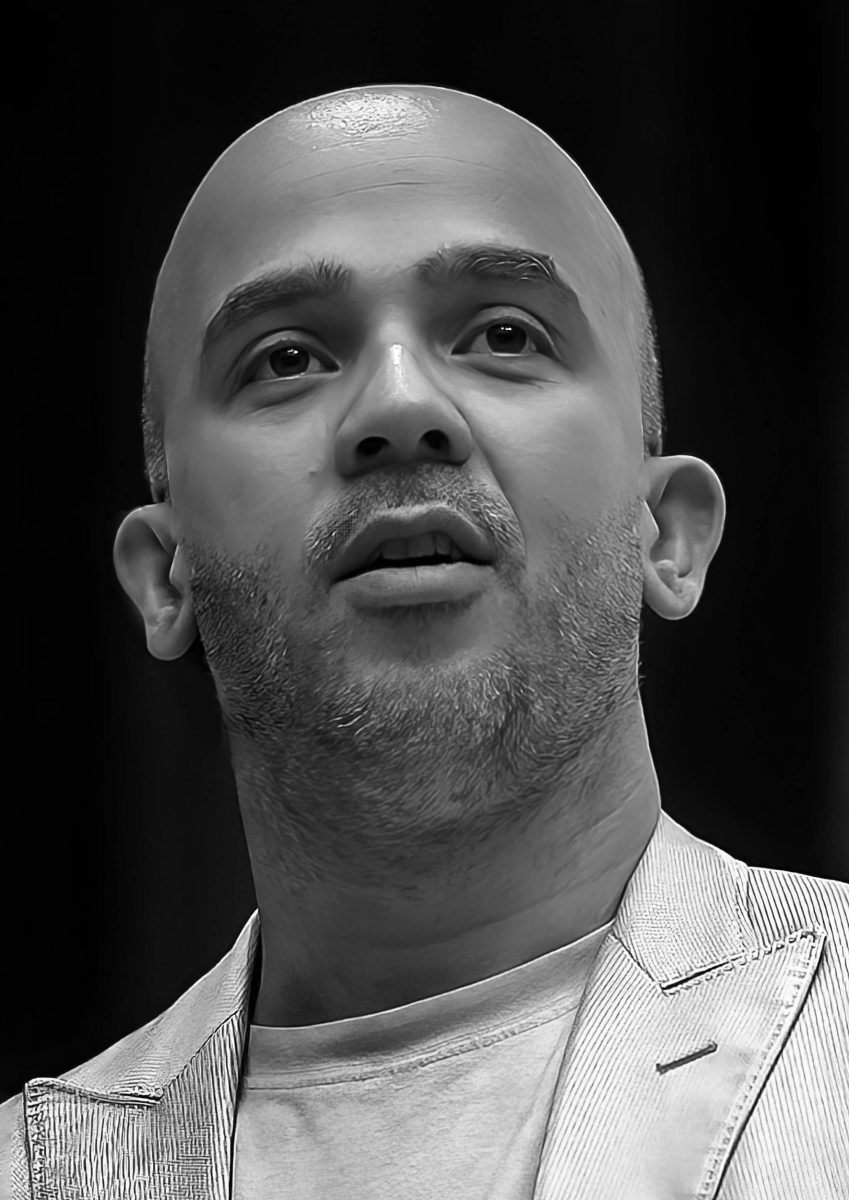

Generation Z, having grown up with digital technologies and the internet, has unique social needs compared to previous generations. In Iran, this generation faces distinctive challenges and opportunities that demand special attention from policymakers and cultural managers. To foster effective dialogue with Generation Z, the country's decision-making system must be redefined based on this generation's culture and needs.
One of Generation Z's fundamental needs is access to information and active participation in social and political processes. Through digital communication and rapid access to information, this generation has developed a deep understanding of global issues and is eager to actively participate in global discussions. To address this need, future studies and international dialogues focusing on Generation Z-related issues are essential.
Monitoring and revising traditional perspectives on youth ecosystems is another governance priority when dealing with Generation Z. Old and traditional viewpoints may not be able to meet the new and changing needs of this generation. Creating a genuine discourse that reflects the real experiences and expectations of Generation Z can contribute to the formation of more effective policies.
Creative industries, particularly in the digital and social media domains, can play a key role in creating this discourse. By leveraging innovation and creativity, these industries can produce content that is both appealing to Generation Z and conveys desired cultural and social values. This content can include cultural products such as films, music, video games, and digital content that can all connect with Generation Z in some way.
Ultimately, the role of creative industries in effective dialogue with Generation Z should be considered a key tool capable of bridging the gap between different generations and government institutions. By utilizing the capacities of these industries, we can address the needs of Generation Z while preserving and strengthening the cultural values and identity of society. This approach can improve the quality of life for Generation Z and strengthen their connection with governmental and social structures, ultimately leading to the creation of a dynamic and participatory society.
